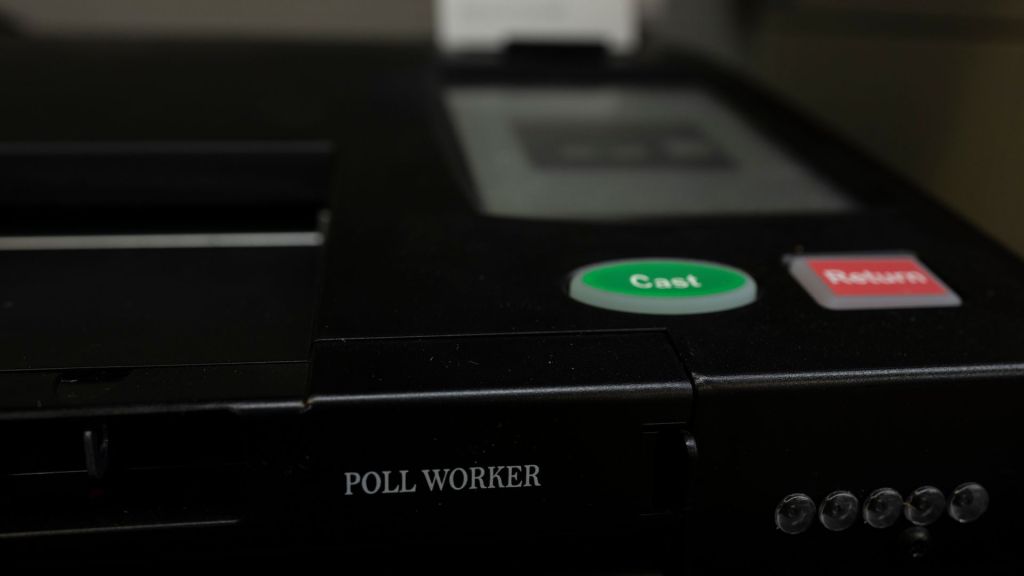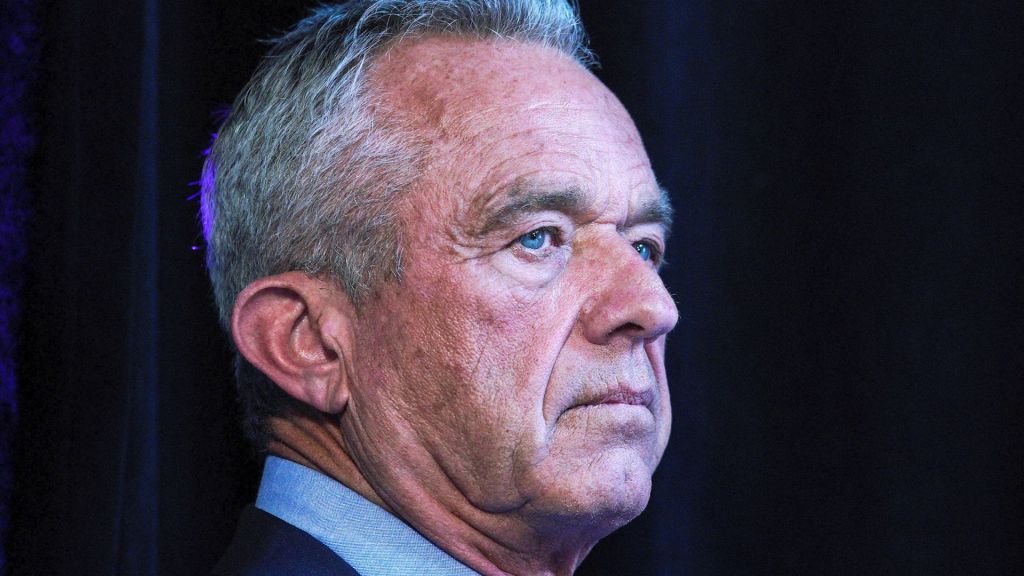
Commentary
-
Our commentary partners will help you reach your own conclusions on complex topics.
President Biden and the Congress have now voted to impose a settlement on rail workers. What’s the story behind this? Well, the workers who man our nation’s railroads hadn’t had a contract since 2020. They’ve been basically working for three years. They were called essential workers. They had to work whenever they were called. In other words, they were on call 24/7. And they would have to give 48 hours notice to take a day off. Needless to say, this was very annoying to the workers.
Well, management and labor tried to negotiate. Management to its, you know, to defend them, does have a problem. If you can’t count on a worker showing up where they need to run the train, it’s very hard to run a nationwide rail service. On the other hand, it definitely seems unfair that a worker would have to give 48 hours notice to take a day off, even if they were sick, or if they had a family emergency. Well, with the election looming, the president did not want to have a strike.
So he formed something called a Presidential Emergency Board, which recommended a settlement. It was a fairly generous settlement, at least on on paper. It gave workers basically a 24% wage increase over four years. They got 14% immediately and 4.8% in the two remaining years of the contract. And the workers also got $1,000 bonuses for each year. Their back pay which they were owed under this contract, amounted to $11,000 on average, and they would get that on returning to work. Although it sounds generous, that’s not particularly above what’s happening in the labor market…basically a 5% a year pay hike. That’s about average for what’s been happening.
And the settlement to this problem – they were given one extra personal day that was paid. But they still had to give 48 hours notice to take that personal day. We predicted back in September when the Presidential Emergency Board proposed this, that it would be rejected by the workers. Still, it was enough to delay a strike until after Election Day, which was the president’s objective here. Now, it turned out four of the 12 unions that were involved in the contract rejected the contract. And they represented the majority of all the railroad workers.
But the president then faced a problem: The time had expired, these workers were free to go on strike on December 9. So he asked the Congress to impose a settlement. basically to pass a law forcing workers to work under the contract that his administration had put forward, even though the workers had rejected the contract. Now, this is a very awkward thing for someone who calls himself the most pro-union president in history to do. He’s basically voiding the collective bargaining process and making workers work on a deal that they had rejected. Seems unfair.
Well, think about these issues. First of all, we have a very tight labor market. Workers are…have it easy to quit, find another job if they want to. And many have been quitting, because the burden of not being able to take a day off and a family emergency was causing a lot of strain on family life. The fact that these people were leaving put even more stress on the workers who were staying to work. The other issue, and it’s often called dignity, and I think that’s a fair phrase, is it’s not dignified to be forced to work anytime the management calls you up and says, “You have to show up,” even if you hadn’t been scheduled for that day. But on the other hand, for you to even take a day off. you had to give – you the worker – had to give 48 hours notice.
So the imposition of this contract not only went against the collective bargaining process, it also went against what most people would call a dignified position for workers in this labor market. People should be able to take a day off, paid or unpaid if they need to, without being penalized. So here we are, having invalidated our collective bargaining system, stuck with a very unhappy railway labor force, which by the way, may conduct wildcat strikes; that is, those unauthorized by the unions. People may just decide enough is enough, “I’m quitting.” And we haven’t really solved the problem.
So let’s think about another basic idea here of fairness. I call it, “what’s sauce for the goose is sauce for the gander.” If I, a worker, have to give the company 48 hours notice to take a day off, I think it’s only fair that the company should have to give the worker 48 hours notice to compel them to work on a day when they were otherwise not scheduled. Somehow the Presidential Emergency Board never thought that one up.
But it only seems fair. In any event, Congress ratified the Presidential Emergency Board proposal as President Biden asked. Rail workers are going back to work. but were stuck with a very, very unhappy situation on the railroads today, despite all these efforts.
-
Election 2024 will boil down to the Great Lakes states
Pollsters and pundits have been engaged in a long debate about how Biden or Trump might win the 2024 election, with much of their focus spent on the “swing state” electoral battlegrounds. While the winners of Alabama or California may be obvious, for instance, who wins Pennsylvania is a more difficult question. Watch the above… -
Why the Fed should consider Theory of Reflexivity when fixing policy
The Theory of Reflexivity, often used in the context of economics and financial markets, implies that investors don’t base their decisions on reality but on their perceptions of reality. This creates a feedback loop where investors’ perceptions influence economic fundamentals, which in turn alter investor perceptions. Watch the above video as Straight Arrow News contributor… -
Federal Reserve surpassed its own wildest expectations
On May 14, the U.S. Bureau of Labor Statistics released the most current producer price index (PPI) report, which showed an increase of 0.5% month-over-month in April. After the report’s release, U.S. Federal Reserve chairman Jerome “Jay” Powell said that while he believes the current policy rate is restrictive by many measures, the Fed needs… -
Polls give slight advantage to Trump in Electoral College
With the U.S. general election only six months away, leading candidates President Joe Biden and former President Donald Trump appear to be engaged in a very close contest. In their 2020 race, the winner of the Electoral College was ultimately determined by a relative handful of voters in just a few swing states, even though… -
College sports is big money but not everyone benefits
March Madness has wrapped up and Caitlin Clark has emerged as a household name as well as a wealthy student athlete. Earning over $3 million throughout her college career, her success stands in stark contrast to the previous notion that collegiate athletes shouldn’t earn anything beyond their scholarship. Straight Arrow News contributor Larry Lindsey examines…
Latest Opinions
-
 Getty Images
Getty Images
Philadelphia's $1M giveaway lawsuit against Musk moves to federal court
-
 Getty Images
Getty Images
X’s community notes failing to fact-check posts: Report
-
 Getty Images
Getty Images
Papua New Guinea to boycott UN climate summit
-
 Getty Images
Getty Images
Los Angeles DA says he now backs clemency for Menendez brothers
-
 Getty Images
Getty Images
AI chatbots struggle with election questions in Spanish: Study
Popular Opinions
-
In addition to the facts, we believe it’s vital to hear perspectives from all sides of the political spectrum.


